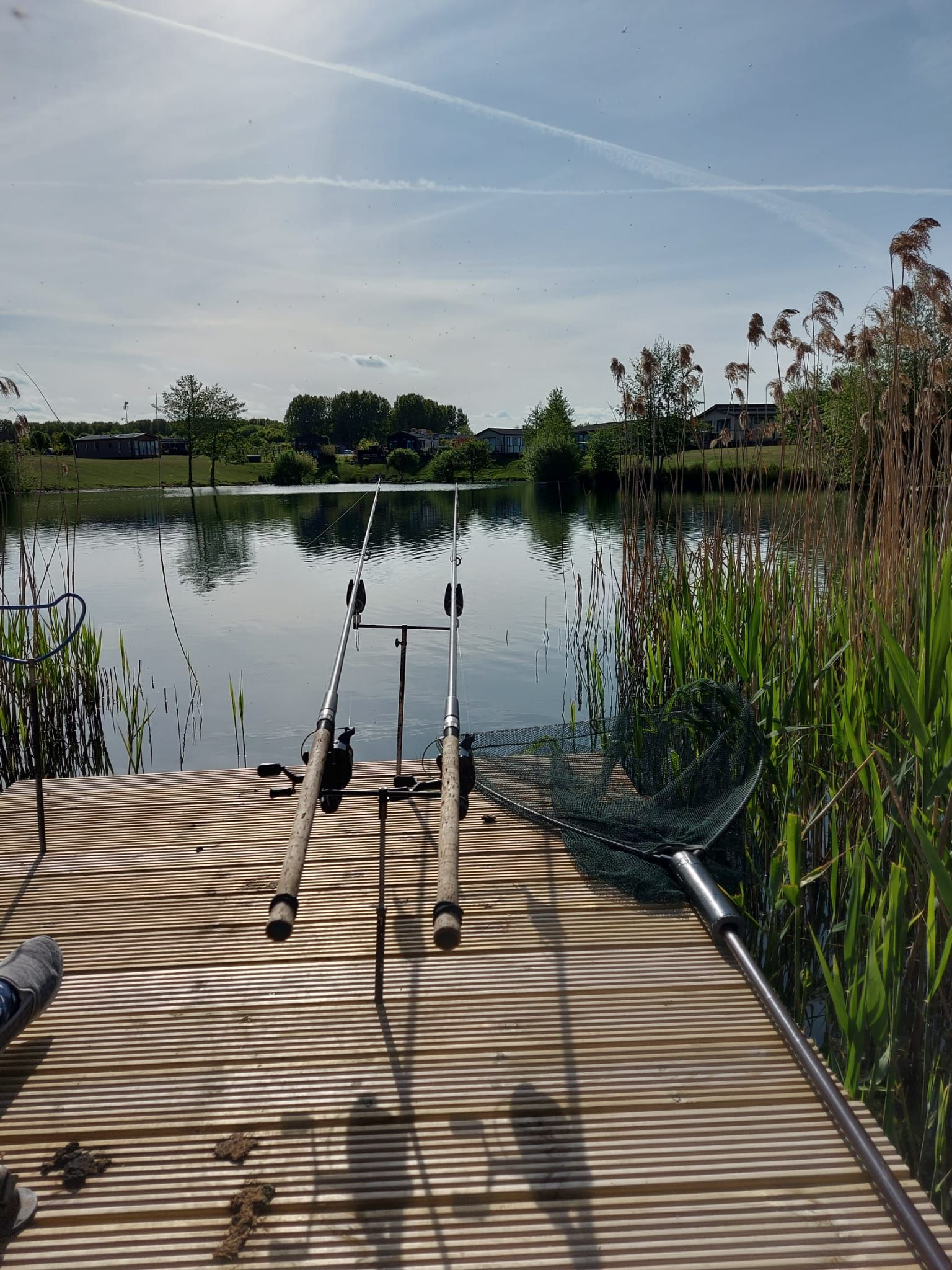Autumn Angling: 7 Game-Changing Tactics for Your Best Catch This Season

The leaves are turning, there's a crisp chill in the air, and UK waters are transforming. While many anglers pack away their gear as summer fades, those in the know understand autumn offers some of the year's most rewarding fishing opportunities. The seasonal shift triggers feeding frenzies as fish prepare for winter, creating perfect conditions for exceptional catches - if you know how to adapt your approach.
Why Most Anglers Get Autumn Fishing Completely Wrong
The common wisdom suggests fishing becomes more difficult as temperatures drop. This couldn't be further from the truth. What's actually happening is fish are changing their patterns, and those still using summer tactics are missing out on autumn's abundance.
The Autumn Advantage: Why Fish Become More Catchable Now
As water temperatures gradually cool, fish metabolism changes dramatically. They begin storing energy for winter, often feeding more aggressively than any other season. This biological imperative creates a perfect opportunity for prepared anglers.
The key difference? Location and timing. Fish that spread widely during summer months now concentrate in specific areas, making them easier to target once you understand their patterns.
7 Autumn Fishing Tactics That Will Transform Your Catch Rate
1. Follow the Thermocline Shift
As surface waters cool, the thermocline (the boundary between warmer surface water and cooler deep water) begins to break down. Fish that were holding in specific depth ranges during summer now move more freely.
Practical Tip: Start fishing slightly deeper than your summer spots, particularly in lakes and reservoirs. Use a good fish finder to locate schools that have shifted position. In rivers, focus on deeper pools where fish congregate as temperatures drop.
2. Adjust Your Timing for Peak Activity
The intense midday heat of summer is gone, shifting peak feeding times. Fish now often feed most actively during the warmest hours rather than early morning or evening.
Practical Tip: Plan your fishing trips for late morning through mid-afternoon when the sun has had time to warm the water slightly. This is particularly effective for species like carp, bream and tench.
3. Slow Down Your Presentation
As water temperatures drop, fish metabolism slows accordingly. Fast retrieves that worked in summer can now appear unnatural and unappealing.
Practical Tip: When lure fishing, reduce your retrieve speed by about 30% from your summer pace. For bait fishing, consider using slightly heavier leads to keep your presentation more stationary and appealing to less active fish.
4. Master the Falling Barometer Advantage
Autumn brings more frequent weather changes, and these barometric shifts significantly impact fishing success. A falling barometer often triggers feeding frenzies before weather fronts arrive.
Practical Tip: Keep a close eye on weather forecasts and plan trips just before incoming weather systems. The 12-24 hours before a front arrives can produce exceptional catches as fish sense the pressure change and feed heavily.
5. Embrace Natural Autumn Food Sources
Fish feeding patterns align with seasonal food availability. In autumn, natural food sources change dramatically with falling leaves, dying vegetation, and different insect hatches.
Practical Tip: For predatory fish like pike and perch, use lures that mimic injured baitfish, as smaller fish become more vulnerable in cooler water. For carp and other omnivorous species, try baits with nutty or spicy profiles that mimic autumn's natural bounty.
6. Target Transitional Zones
As vegetation dies back and water levels often rise with autumn rains, fish congregate around transitional areas between different habitats.
Practical Tip: Focus on edges where deeper water meets shallows, areas where vegetation is still present but thinning, and inflow points where streams enter larger bodies of water. These transition zones become fish highways during autumn.
7. Adapt Your Tackle for Autumn Conditions
Autumn fishing often means dealing with more challenging weather conditions including wind, rain and falling temperatures.
Practical Tip: Switch to slightly heavier line as fish are less line-shy in cloudier autumn water. Ensure your clothing is properly layered for changing conditions, and consider using rod rests and proper shelters to make longer sessions comfortable as weather becomes more unpredictable.
The Autumn Opportunity Most Anglers Miss
Perhaps the greatest advantage of autumn fishing is the solitude. With fewer anglers on the banks, you'll experience less pressure on fish and more freedom to choose prime spots.
This reduced competition creates a virtuous cycle - less pressured fish feed more confidently and become easier to catch, while the peaceful surroundings enhance the entire experience.
Putting It All Together: Your Autumn Fishing Action Plan
To maximize your autumn fishing success:
- Research local waters to identify deeper holding areas where fish concentrate as temperatures drop
- Check weather forecasts to target days with stable or falling barometric pressure
- Adjust your tackle box to include slower-presentation lures and seasonal bait options
- Prepare for conditions with appropriate clothing and shelter options
- Be patient with location - fish may have moved from their summer haunts, but they haven't disappeared
The anglers who adapt to autumn's changes don't just survive the seasonal transition - they thrive in it, often landing their most impressive catches of the year.
Image taken by Rosie Ripley.




